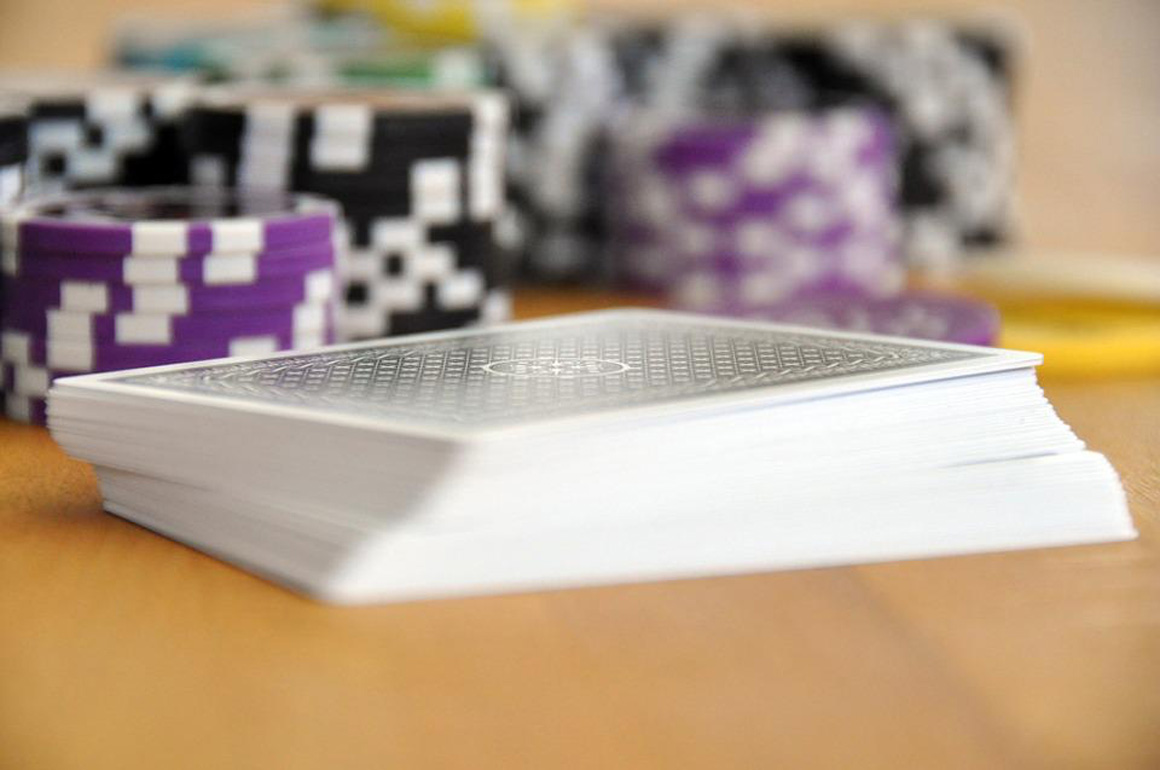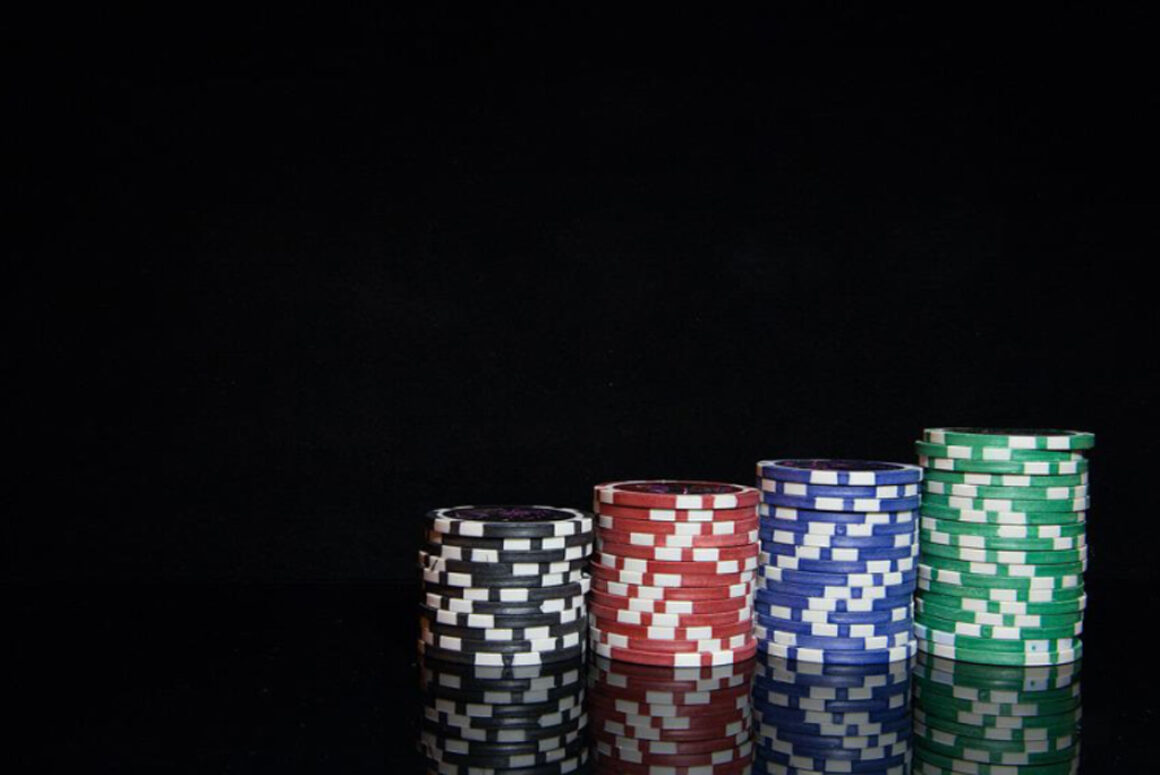![]()
Playing poker in Wales is fun, especially when you’re successful in cash games and tournaments. What if you have a horrible run and suddenly start hitting zero flops, losing to inexperienced players? Let’s face it; nobody enjoys losing, especially not a lot of money.
Poker involves a lot of losing. Consider this: no one could win if no one lost a hand. You will discover that your general enjoyment of the game rises the sooner you begin to accept the fact that you won’t win every hand you play.
Significant growth can occur once you realize that losing is a normal and unavoidable aspect of playing the game. There is no getting out of losing. But people are terrible at accepting defeat. Instead of seeing it as a teaching opportunity, they take it as a blow to their ego.
You need to learn to handle your loss like a pro to concentrate on the game and maintain your reputation. Here are some tips you can use.
How to Handle Losses
No matter what game you like to play, Texas Hold em, Omaha, Short Deck, etc., you need to calm yourself and remember to handle your losses and watch your temper and attitude after the game. When you don’t allow yourself to be controlled by losing in the game, people will appreciate it, you’ll look professional, and you can still concentrate on your next game.
Don’t Chase After Losses
Most players are uncomfortable parting with their cash, even after realizing there is always a danger of losing. There is still a sense of trying to get back the lost money. Playing while trying to avoid losses also entails emotional commitments that impair decision-making and game-analysis skills.
That is why you must make and follow a budget to stop chasing after games so you won’t lose more.
Take a Break
After a loss, taking a brief pause from the game is the best approach to gather your thoughts and resume playing at your best.
If you’re playing live, you can take this break by getting up from the table, going to the lounge, and just taking a moment to reflect on the defeat.
Losing will start to have less of an impact on you over time, but in the short term, it can cause you to play poorly. That’s why pausing from a game will allow you to calm down and forget about your lost hand. Once you are ready, you can concentrate on your game again.
Whatever you do, keep in mind that you will inevitably lose because it is a part of the game.
Examine Your Play
When the day is over, analyze your hand history files to determine if there were any places where you could have done better. You will frequently find that there were situations where you should have folded and saved some chips and moments when you might have played more aggressively and gained more chips. You can then concentrate more intently on enhancing those aspects of your game the next time you play.
You can play poker better and make fewer mistakes by regularly assessing your performance, which will lower the number of losing sessions you have. Try improving your mistakes by playing with GGPoker, the world’s largest poker room, to enhance your skills and have a better strategy.
Do not Vilify the Winner
At the poker table, it’s usual for a player to become enraged with one of their opponents and view them as the villain.
That is not how you can win a poker game! You must play your best game against them and everyone else at the table, regardless of how an opponent defeats you.
Being fixated on one may cause you to clash with others who will heavily abuse your vengeance.
Practice Managing Your Finances
Although managing your money when you’re winning is much simpler, it’s still important to look at your bankroll when you lose.
You must make a prior decision regarding your bankroll and forgo spending more when you don’t have enough left.
One of the leading causes of why so many players lose their money is due to poor bankroll management. They keep on playing when they know they have little left.

Stop Playing
If you’re losing, you must know when to give up. Success can boost self-assurance, but the opposite is true: failure can negatively impact your game. Therefore, you must have a point at which you decide enough is enough, whether for tournament buy-ins or cash game stacks.
You can take a break, keep practicing, and return with more confidence. After all, losing won’t last forever if you give it your best and stay completely focused.
Be a Good Loser
Receiving financial blows is one thing, but experiencing the emotional toll of exiting poker tournaments on the verge of taking a bad beat when it’s for a top-ten stack is another. The urge to express your rage is everywhere, from having regular contact with others to expressing your anger and fury on social media.
Doing so is a waste of time because you can neither enhance your ability nor your luck by doing this. Instead of discussing losses, you should concentrate on improving your strategies.
Conclusion
Losses are a natural part of life, including playing poker. Even the best players occasionally lose. However, how you bounce from defeats is even more significant than winning. You won’t be able to handle losses well until you approach the game correctly. Enhance your skill by practicing when you can from reliable sites. Sign up at GGPoker today and start improving your moves for your next match.


